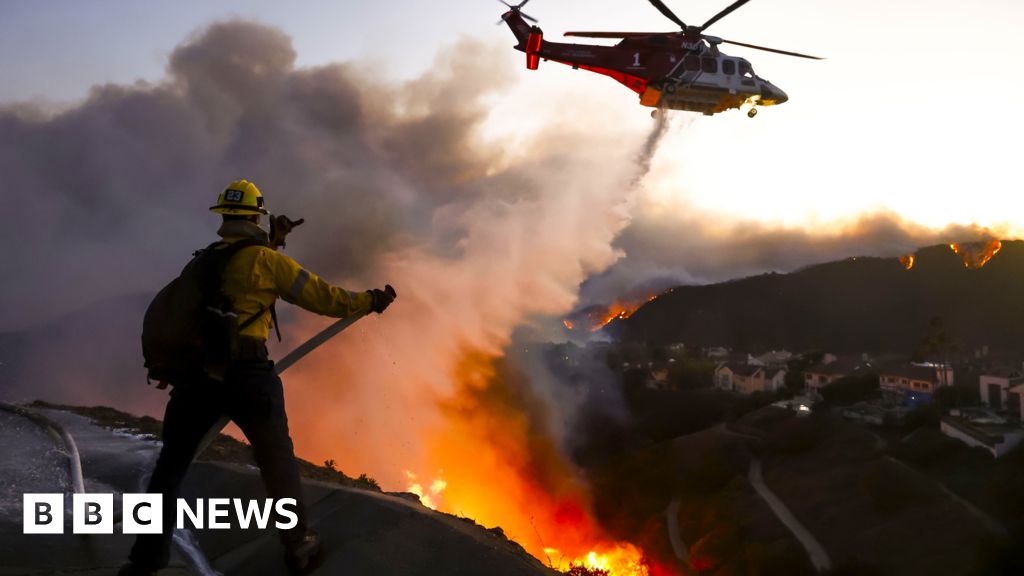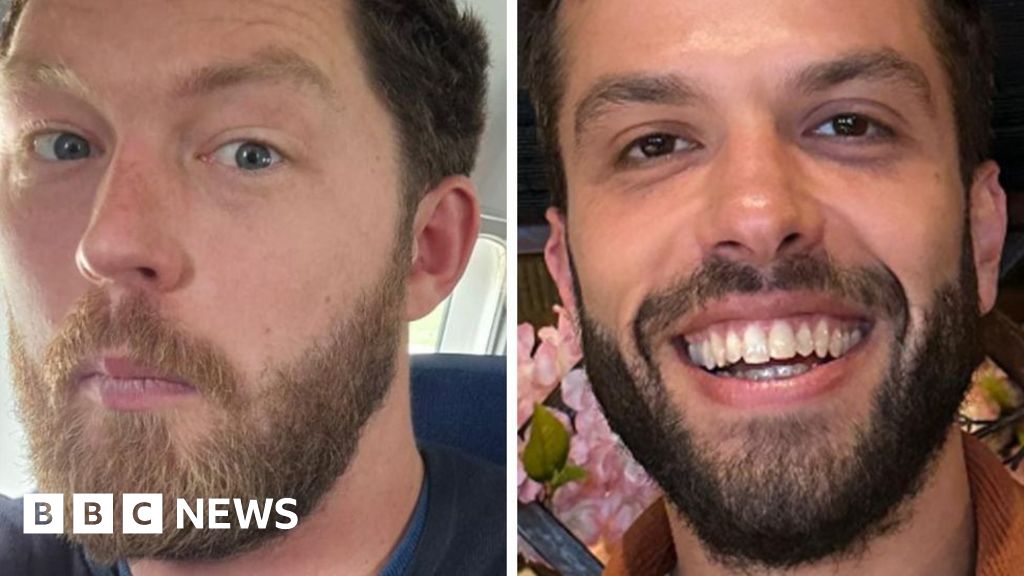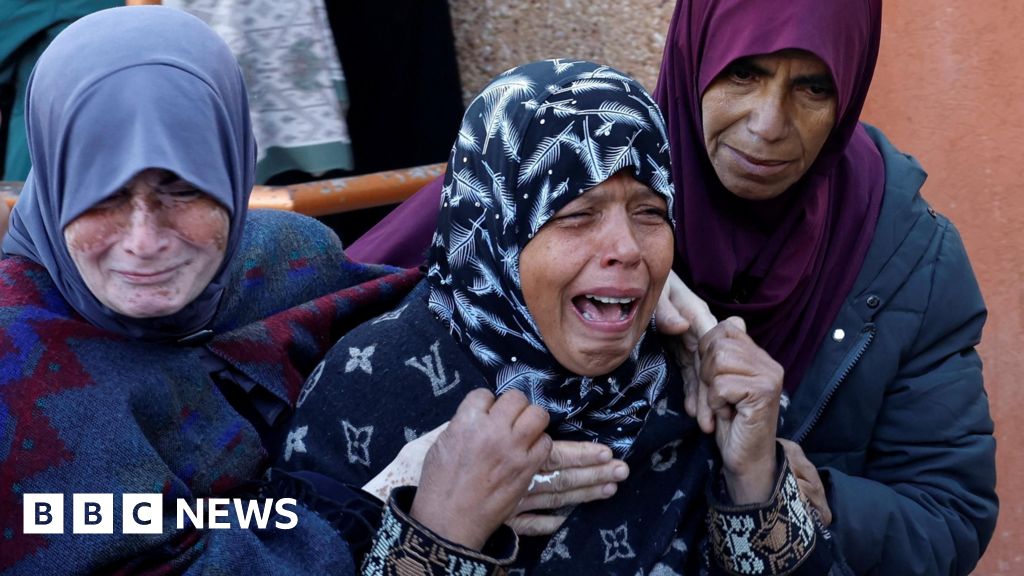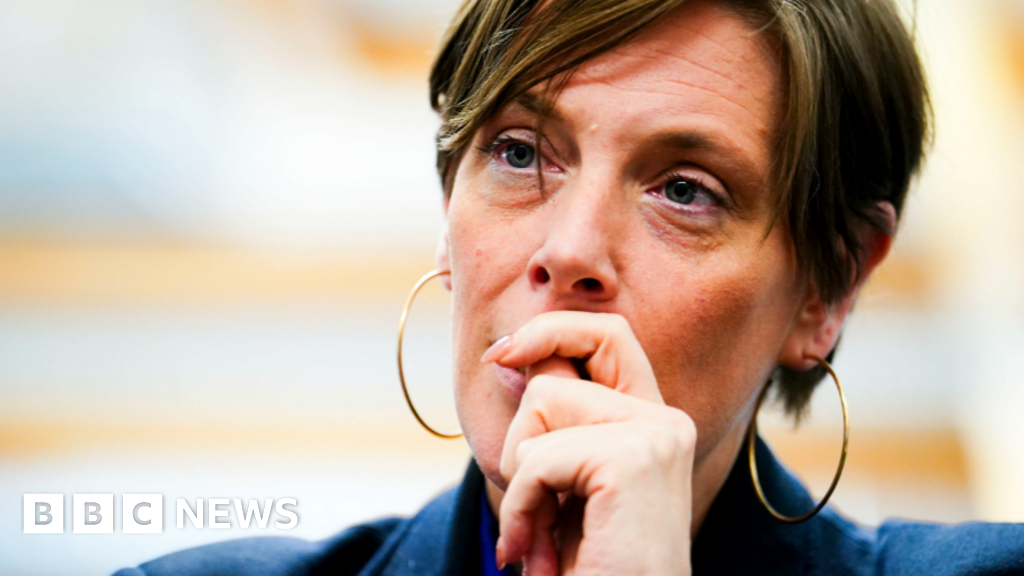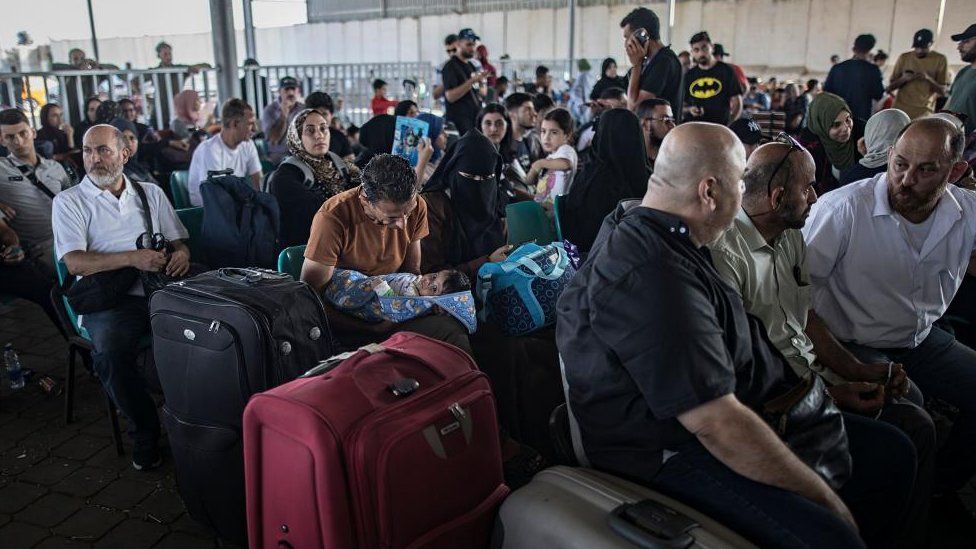 Image source, EPA-EFE/REX/Shutterstock
Image source, EPA-EFE/REX/Shutterstock
Some people were allowed through the Rafah crossing on Wednesday - but the wait goes on for others
By James Landale, diplomatic correspondent, Sean Seddon & James Gregory
BBC News
British nationals have left Gaza for the first time since war with Israel broke out last month.
The UK Foreign Office confirmed an unspecified number of UK passport holders had been able to leave via the Rafah crossing into Egypt on Wednesday.
It said the route was being opened for "controlled and time-limited periods" to allow some foreign nationals and injured Palestinians to leave.
About 200 British nationals are believed to be in Gaza.
It emerged on Wednesday that some 500 people a day would be allowed to cross. A list of eligible names will be agreed between the Egyptian and Israeli authorities, and relevant embassies will be informed in advance so they can prepare to receive their nationals.
A list of hundreds of names has been published by the border authority in Gaza, showing the dual and foreign nationals who should be allowed to leave through the crossing on Wednesday.
Palestinian officials said more than 400 foreign nationals and injured Gazans had been given permission to cross into Egypt on Wednesday.
The UK Foreign Office has now said British nationals were among them, but did not say who or how many.
Earlier, the BBC spoke to British-Palestinian doctor Abdelkader Hammad, whose name was on the list of people permitted to leave. He said there was frustration and confusion at the crossing amid delays.
Dr Hammad had been told he may be able to cross the border on Wednesday but found the route was closed.
Speaking to BBC Radio 4's PM programme at around 16:00 GMT (18:00 in Gaza) from the crossing point, Dr Hammad said: "It's a little frustrating. We don't know what's going on...we don't know when the next group will go - if it will be tonight or tomorrow.
"It's dark - I'm not sure it will happen tonight, we'll see what happens tomorrow."
Civilians in Gaza had largely not been able to leave the territory since 7 October following Hamas's attacks on Israel, in which more than 1,400 people were killed and at least 239 taken hostage.
BBC News understands that 14 British nationals were among those killed. Three more are missing.
The Hamas-run health ministry in Gaza says more than 8,700 people have been killed since Israel launched air strikes as part of a military response to the attacks.
Speaking from the Rafah crossing at around 13:00 GMT, BBC News reporter Rushdi Abualouf said thousands of people had gathered there this morning hoping to leave, but later learned only those whose names appeared on the specific list would be allowed through.
With no passport control or electronic ID system in place, the process is slowed by the need for an official to manually check the identities of every person leaving, he reported.
He also saw between 20 and 30 ambulances passing through the crossing carrying injured people into Egypt for medical treatment.
Israel controls the air space over Gaza and its shoreline, and has strictly controlled the movement of people and goods.
Image source, EPA-EFE/REX/Shutterstock
Image caption,Selected foreign nationals, and some injured Palestinians, left Gaza on Wednesday
The partial opening of the crossing by Egyptian authorities comes after talks between Prime Minister Rishi Sunak, Foreign Secretary James Cleverly and Middle East minister Lord Ahmad, and their counterparts in Egypt, Israel and Qatar.
Speaking to the BBC at the AI summit in London on Wednesday afternoon, Mr Sunak said the government was committed to getting humanitarian supplies into Gaza, and helping UK passport holders leave.
He continued: "We're playing an active role in getting aid into Gaza to help those people who need it, but also diplomatically working with everyone in the region to find ways to move our British nationals out of Gaza and hopefully bring them home."
Earlier, Mr Cleverly said in a post on X, formerly known at Twitter, that there were UK teams on the ground in Egypt "ready to assist British nationals as soon as they are able to leave".
Western officials told the BBC a team had been deployed to Arish, a city some 25 miles (41km) away from Rafah, to "ensure we can provide the necessary medical, consular and administrative support needed" for British nationals.
Among the British nationals in Gaza are Scottish First Minister Humza Yousaf's in-laws. He welcomed the opening of the border but said his wife's parents remained trapped without clean drinking water and rapidly diminishing supplies.
Both Mr Sunak and Labour leader Sir Keir Starmer have called for humanitarian "pauses" in fighting to allow for aid to flow into Gaza.
Compared to a formal ceasefire, humanitarian pauses tend to last for short periods of time, sometimes just a few hours.
They are typically implemented purely with the aim of providing humanitarian support, as opposed to achieving long-term political solutions, according to the United Nations.
Additional reporting by Sean Seddon
 (1).png)
 1 year ago
16
1 year ago
16
